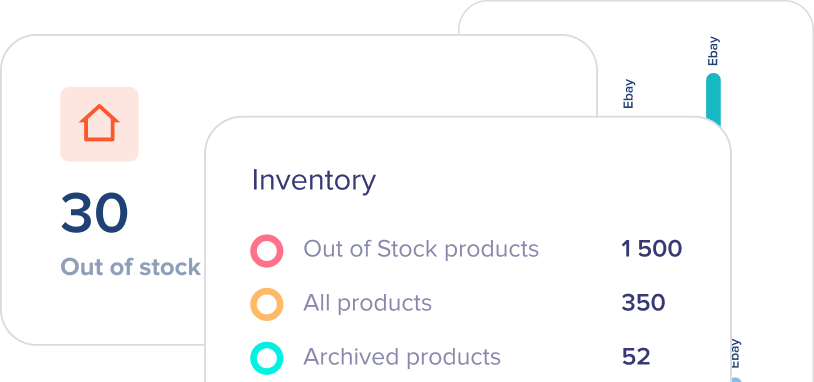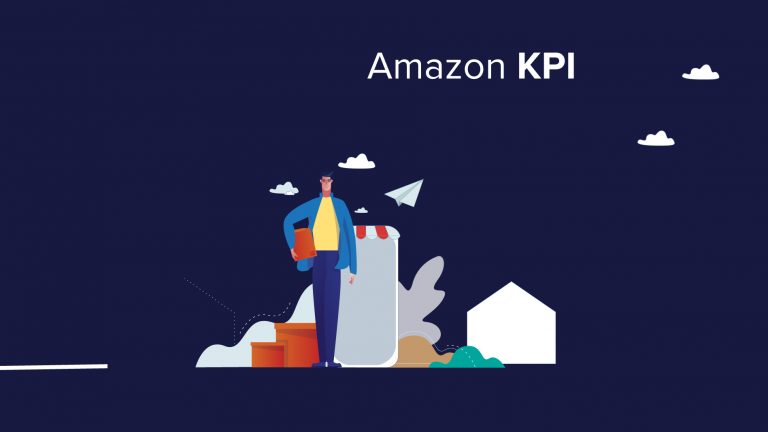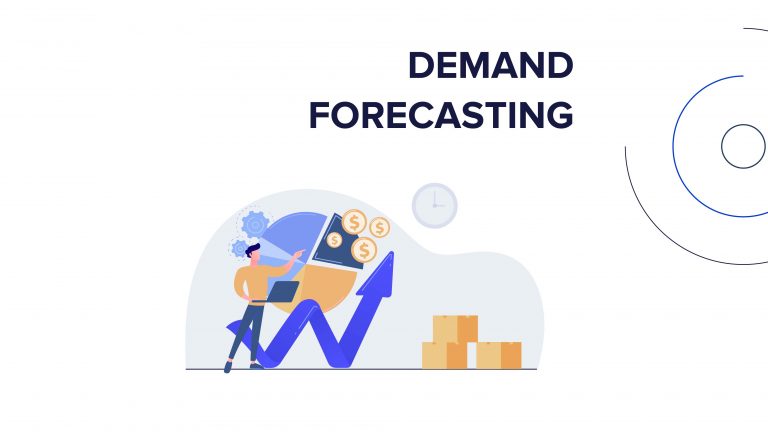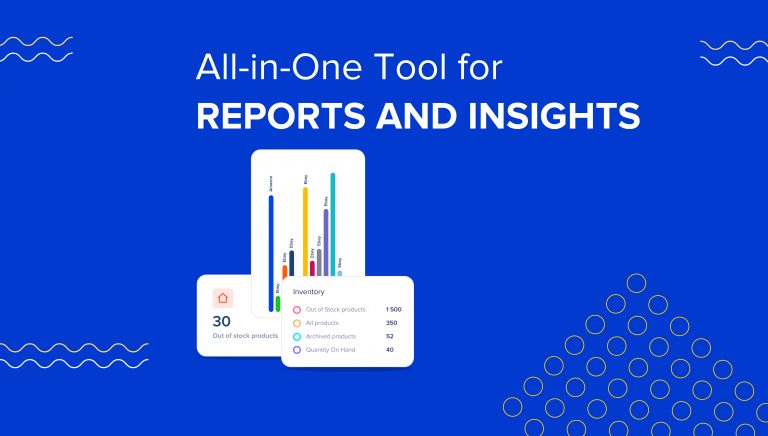Vendor-managed inventory is a partnership between retailers and distributors when the latter takes control over the seller’s inventory. VMI is a widely popular approach used by numerous companies worldwide to reduce inventory management costs and increase effectiveness.

If you’re currently looking for improvement in your eCommerce business practices and want to organize your inventory management better, VMI might be your perfect solution. Implementing this system will outsource your inventory control to manufacturers, suppliers, or distributors. This significantly reduces the financial and time resources of organizing everything in-house.
If you want to explore vendor-managed inventory in more detail, read our previous blog on VMI practices. And if you’re hesitating whether switching to this new inventory control system is beneficial for your business, read on for the answer.
Below, we list the top 10 benefits of Vendor-managed inventory for businesses. We’re sure that will help you make up your mind.
More streamlined processes
Outsourcing the inventory management to the suppliers means making the order management dependent only on one party. Retailers no longer spend time placing orders, and it’s the supplier’s duty to forecast stockouts and deliver new product batches. This significantly streamlines the ordering processes and makes the cooperation smoother. There arise no issues like costly last-minute orders, returns of unsold inventory, etc.
Minimized human error
Vendor-managed inventory reduces labor demand, making inventory control less dependent on human decisions and less vulnerable to human error. It’s because VMI is most often integrated into inventory management software, which automatically updates suppliers on the retailer’s inventory levels. The software also automatically creates sales reports and analytics and allows suppliers for more accurate podcasting. Ultimately, the software usage, thus, significantly reduces employee workloads and keystroke errors.
Less necessity in safety stock
Safety stocks are usually a method to avoid stock-outs, as retailers fear that suppliers will be unable to organize the delivery during unexpectedly high demand periods quickly. However, in exchange for security, safety stock makes a certain amount of money “sleep” in the inventory. In the case of VMI, there is no need to ensure a safe stock, as suppliers are managing the inventory in real-time. This means the new quantities are automatically shipped before retailers are close to exhausting inventory.

Increased customer satisfaction
Out of stock and long leading time is a nightmare for modern, fast-paced customers. So, when you make a customer wait too long for their order, you’re risking losing that customer forever. Correctly set vendor-managed inventory ensures no stockouts in the retailer’s inventory. This means you will never make your customers wait for their order, or worse, tell them it’s out of stock. Consequently, VMI significantly increases customer satisfaction with the delivery speed.
Reduced responsibility
Keeping the balance between overstocking and understocking is not an easy task. That’s why most retailers are more than happy to outsource that heavy load of responsibility to third parties. VMI allows the selling company to focus on other, more strategic business aspects. Besides, it drastically reduces the stress of checking inventory levels every second and fearing being out of stock. So, reduced responsibility is one of the benefits of vendor-managed inventory for your company.
Increased inventory turnover
VMI allows retailers to shift to an almost just-in-time delivery system. This means that retailers do not keep much inventory, leading to a higher inventory turnover ratio (sales / average inventory). Higher turnover positively affects the quality of products, especially if they are sensitive to expiration dates. It’s beneficial not only for retailers but also for end buyers who trust the company.
Reduced cost
There are several expenses associated with traditional inventory management that VMI eliminates. Firstly, companies save on labor costs that should be used to watch the inventory and manage orders. Secondly, retailers do not always have to ensure a safe stock. Since safety stock is actually an invested money, retailers can save on this aspect as well.

More stable supply chain
VMI often acts as a stabilizer of supply chain management. Suppliers who are in direct charge of the retailer inventory provide less risk for major supply disruptions. This, in turn, makes it more secure for all the participants of the supply chain, as supply delay for one company might cause the ripple effect for other involved partners as well. Therefore, linking suppliers to the seller’s inventory management is especially effective for projects with multiple retail partners.
Stronger partnership with suppliers
VMI is also one of the ways to enhance the partnership between industry players by joining efforts for the same goal. It’s no secret that solid partnership with manufacturers and suppliers is a key competitive advantage for retailers. Besides, vendor-managed inventory is also a great learning source for the retailer’s staff, as they engage in experience sharing with the supplier organization.
Improved data insights
Vendor-managed inventory requires high accuracy in recording and transferring sales data. This makes both parties emphasize inventory tracking and data management, in general. Further, enhanced data management supports timely deliveries and more advanced inventory management. For example, companies can get deeper insights into their customers and sales seasonality by regularly tracking the sales reports.
An obvious choice
We guess you’re no longer two-minded about shifting to VMI, after reading about the benefits of vendor-managed inventory for your business. It’s a better alternative to traditional inventory management when retailers are responsible for keeping the stock control. Shifting to this new cooperation model will drastically increase the effectiveness of the supply chain and the general business performance.







